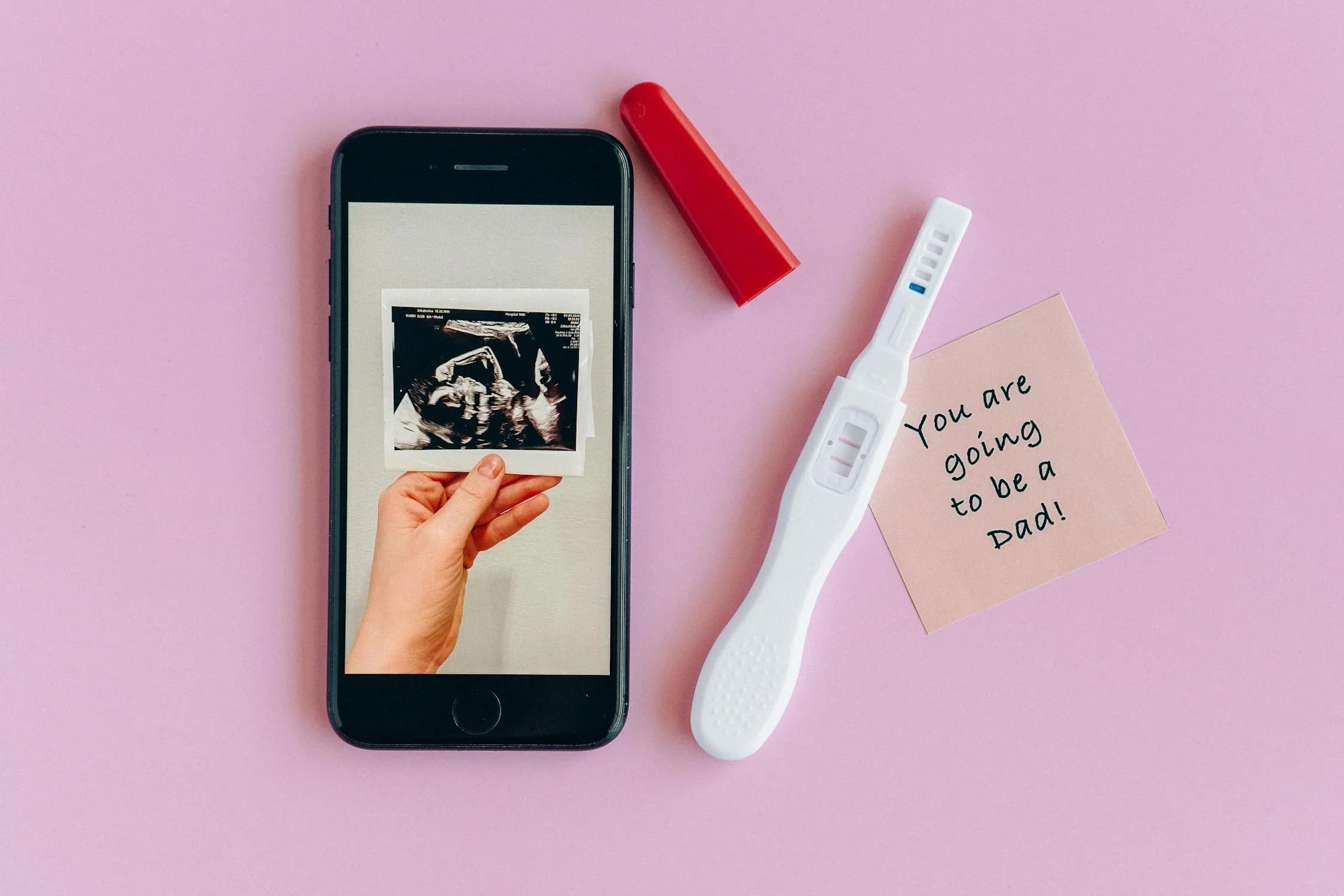Inicio
Pregnancy, Breastfeeding, and Pumping: The Ultimate Guide for Moms
Can You Keep Getting Negative Pregnancy Test But Be Pregnant?

Can You Keep Getting Negative Pregnancy Test But Be Pregnant?
Have you ever wondered if it's possible to keep getting negative pregnancy test results but still be pregnant? This question has puzzled many women who experience pregnancy symptoms yet receive negative test results. Understanding the reasons behind this phenomenon can help you navigate this confusing situation with clarity and confidence.
Pregnancy tests are designed to detect the presence of human chorionic gonadotropin (hCG), a hormone produced during pregnancy. However, several factors can influence the accuracy of these tests, leading to false-negative results. Let's delve into the possible reasons why you might keep getting negative pregnancy test results despite being pregnant.
1. Testing Too Early
One of the most common reasons for a false-negative pregnancy test is testing too early. hCG levels rise rapidly in the early stages of pregnancy, but they may not be high enough to be detected by a home pregnancy test immediately after conception. It's recommended to wait until after your missed period to take a pregnancy test for more accurate results.
2. Diluted Urine
The concentration of hCG in your urine can affect the accuracy of a pregnancy test. If you take the test later in the day when your urine is more diluted, the hCG levels may not be sufficient to trigger a positive result. For the most accurate results, it's best to take the test first thing in the morning when your urine is more concentrated.
3. Expired or Faulty Test
Using an expired or faulty pregnancy test can also lead to false-negative results. Always check the expiration date on the test packaging and ensure that you follow the instructions carefully. If you suspect that the test might be faulty, consider taking another test from a different batch or brand.
4. Ectopic Pregnancy
An ectopic pregnancy occurs when a fertilized egg implants outside the uterus, usually in the fallopian tube. In such cases, hCG levels may rise more slowly than in a normal pregnancy, leading to negative test results. Ectopic pregnancies are a medical emergency and require immediate attention, so if you experience severe pain or other concerning symptoms, seek medical help right away.
5. Chemical Pregnancy
A chemical pregnancy is an early miscarriage that occurs shortly after implantation. In this case, hCG levels may rise initially but then drop quickly, resulting in negative pregnancy test results. While chemical pregnancies are relatively common, they can be emotionally challenging. If you suspect a chemical pregnancy, consult your healthcare provider for guidance.
6. Medical Conditions
Certain medical conditions, such as polycystic ovary syndrome (PCOS) or thyroid disorders, can affect hCG levels and lead to false-negative pregnancy test results. If you have a known medical condition and suspect you might be pregnant, it's essential to discuss this with your healthcare provider for further evaluation.
7. Medications
Some medications, particularly those containing hCG, can interfere with pregnancy test results. If you're taking any medications and suspect you might be pregnant, consult your healthcare provider to determine if they could be affecting your test results.
8. User Error
Incorrect usage of a pregnancy test can also lead to false-negative results. Ensure that you follow the instructions provided with the test carefully, including the recommended waiting time before reading the results. If you're unsure about how to use the test correctly, consider seeking guidance from a healthcare professional.
What to Do If You Suspect You're Pregnant Despite Negative Test Results
If you continue to experience pregnancy symptoms but keep getting negative test results, it's essential to take proactive steps. Here are some actions you can consider:
- Wait a few days and retest: hCG levels double every 48 to 72 hours in early pregnancy, so waiting a few days before retesting can increase the likelihood of a positive result.
- Consult your healthcare provider: If you're concerned about the accuracy of your test results, schedule an appointment with your healthcare provider. They can perform a blood test, which is more sensitive than a urine test, to detect hCG levels.
- Monitor your symptoms: Keep track of any pregnancy symptoms you're experiencing and discuss them with your healthcare provider. They can help determine if further evaluation is needed.
Understanding the reasons behind negative pregnancy test results despite being pregnant can help you make informed decisions about your health. If you suspect you might be pregnant but keep receiving negative test results, don't hesitate to seek medical advice. Your healthcare provider can offer the support and guidance you need to navigate this situation with confidence.
Remember, every woman's body is different, and there's no one-size-fits-all answer when it comes to pregnancy testing. Trust your instincts, and if something doesn't feel right, reach out to a healthcare professional. Your health and well-being are paramount, and taking the necessary steps to ensure an accurate diagnosis is crucial.
Compartir
